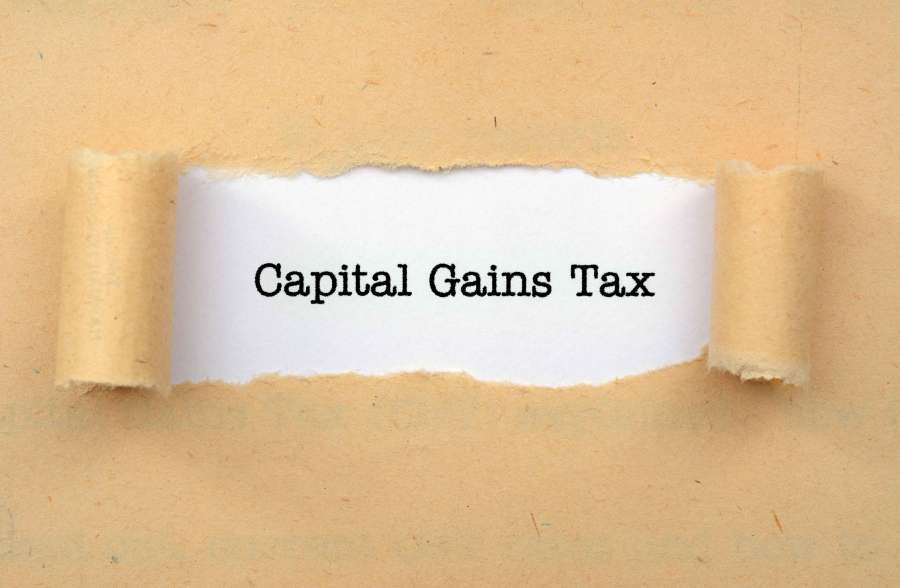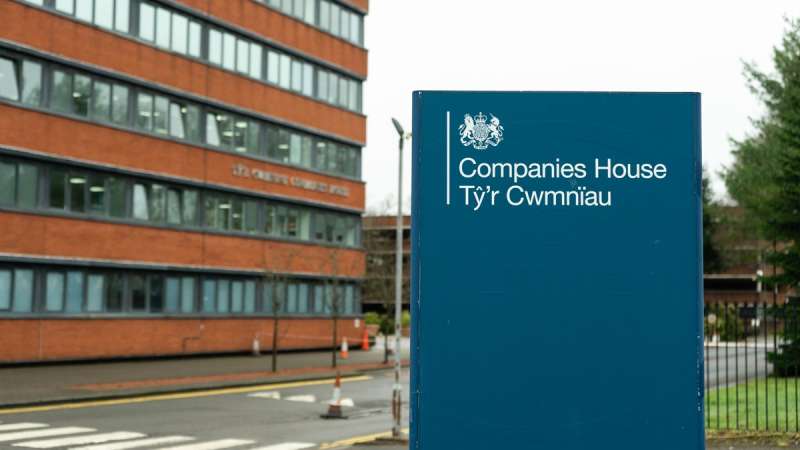
On 30 October 2024, the Chancellor of the Exchequer announced a series of tax increases and reforms.
One of the more significant changes for individuals looking to sell their business is the forthcoming increase in the Business Asset Disposal Relief (BADR) rate, which will take effect from 6 April 2025, in line with the end of the current tax year.
Our Corporate Solicitors explore the changes taking effect from April.











